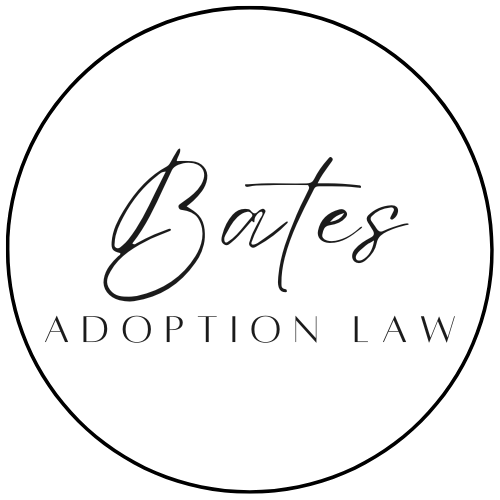Understanding Adoption Requirements in California
Adoption is a life-changing process that brings families together and provides children with loving, permanent homes. In California, the adoption process is carefully regulated to ensure the best interests of the child while protecting the rights of everyone involved. Whether you’re just beginning to explore adoption or are ready to move forward, understanding the basic requirements can help you prepare for this meaningful journey.
Who Can Adopt in California?
California law allows a wide range of individuals to adopt. You do not have to be married, own a home, or have a high income to adopt — the most important factor is your ability to provide a safe and stable environment for a child.
You may be eligible to adopt if you are:
At least 18 years old (the adopting parent must be at least 10 years older than the child, except in stepparent or relative adoptions)
A California resident (in most cases, though there are exceptions)
Able to meet the emotional, physical, and financial needs of a child
Married couples, single adults, domestic partners, and same-sex couples are all eligible to adopt in California.
Types of Adoption in California
The specific requirements can vary depending on the type of adoption:
Agency Adoptions – These adoptions are handled through a licensed public or private agency. Prospective parents must complete an application, undergo a home study, and receive agency approval before being matched with a child.
Independent (Private) Adoptions – These occur when the birth parents place a child directly with the adoptive parents, often in relative adoptions or other situations where the birth parents and adoptive parents already know each other. A home study is still required, along with post-placement supervision before finalization.
Stepparent Adoptions – In these cases, the process is often more streamlined. A home study may be abbreviated, and consent requirements differ depending on the circumstances.
Intercountry (International) Adoptions – These require compliance with both U.S. and foreign laws, including immigration and citizenship requirements.
Adoptions through Foster Care – Families who adopt from foster care must complete state training, background checks, and an approved home study. Many children in foster care are eligible for adoption assistance programs.
Home Study and Background Checks
A home study is one of the most important steps in the adoption process. This evaluation ensures that prospective adoptive parents can provide a suitable home and stable family environment. It typically includes:
Interviews with all household members
Home inspection to confirm safety and space requirements
Criminal background and child abuse clearances for all adults in the home
References from friends or family
Financial review to ensure stability
While the process can feel intrusive, it’s designed to protect children and ensure successful placements.
Birth Parent Consent
In most adoptions, birth parents must consent to the adoption before it can move forward. Consent must be given voluntarily, in writing, and witnessed by specific individuals under California law. In some situations — such as in dependency or termination of parental rights cases — consent may not be required.
Finalizing the Adoption
After placement and completion of the post-placement supervision period, adoptive parents can finalize the adoption in the court. Once the judge approves the adoption, a new birth certificate is issued listing the adoptive parents, and the adoption becomes final and permanent.
Getting Legal Help
Adoption laws in California are detailed and sometimes complex. Working with an experienced adoption attorney can help you navigate the legal requirements, prepare the necessary documents, and ensure your rights — and your child’s — are fully protected.
If you’re considering adoption in California, our office can guide you through every step of the process. Contact us today to learn how we can help you grow your family through adoption.
